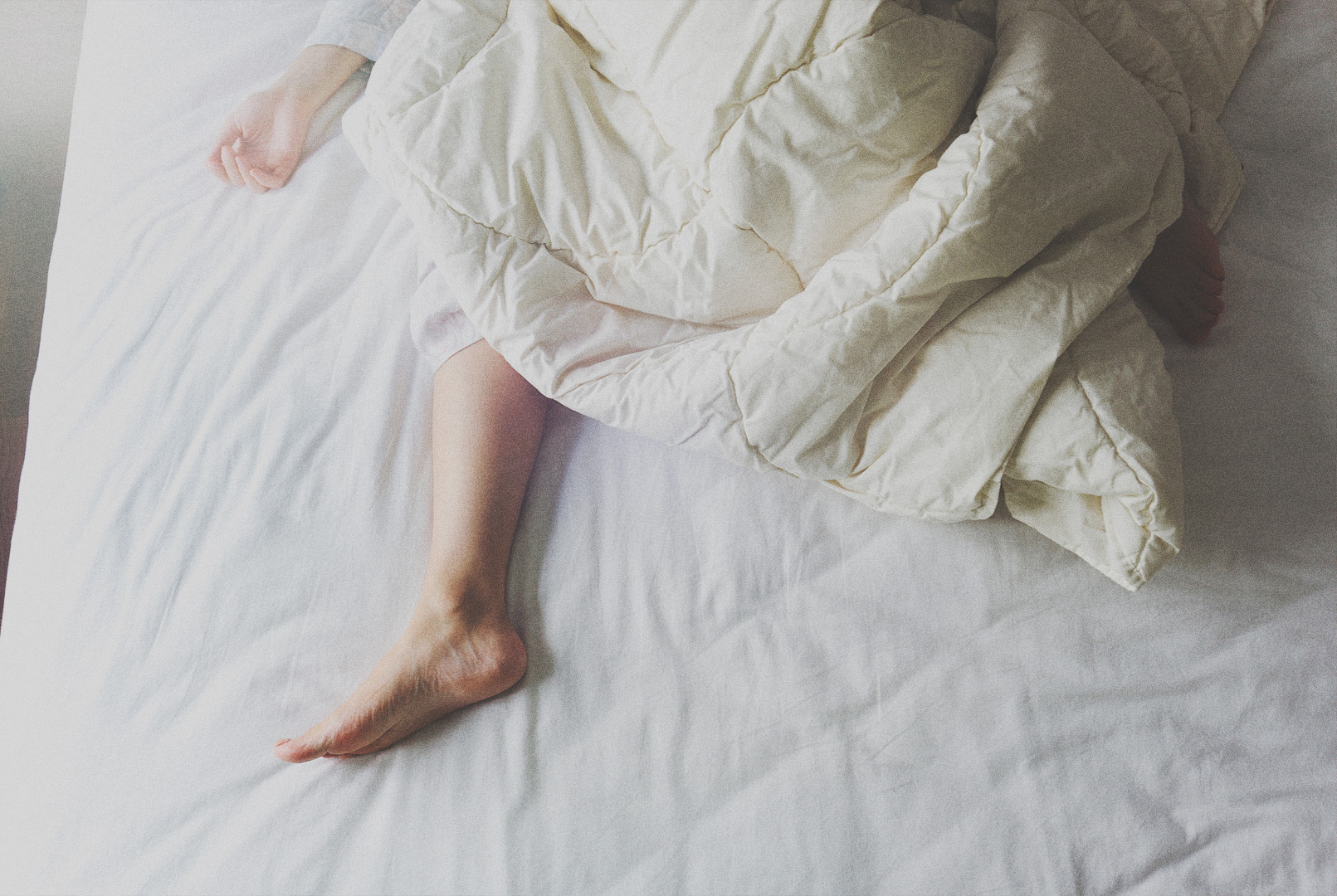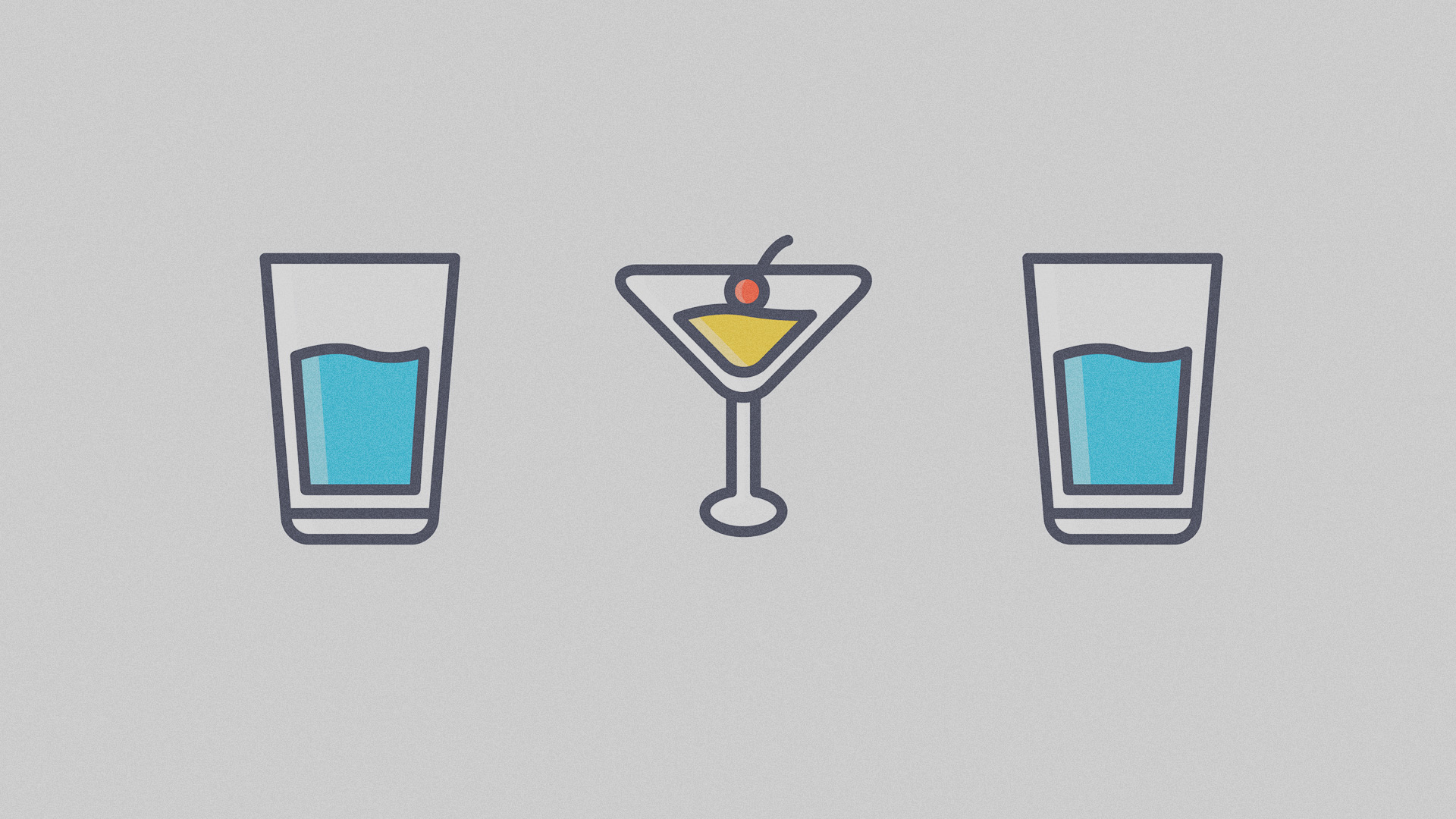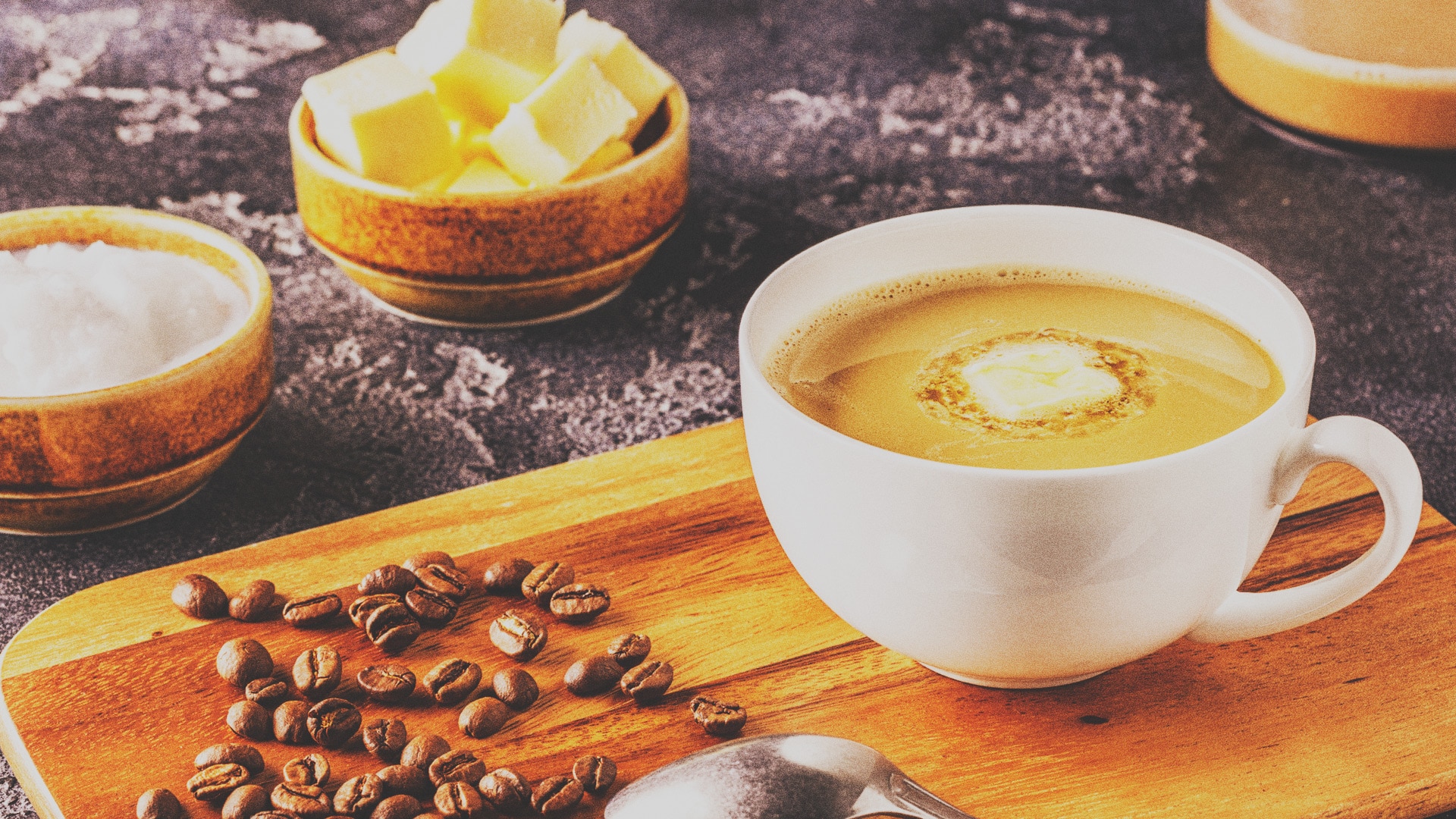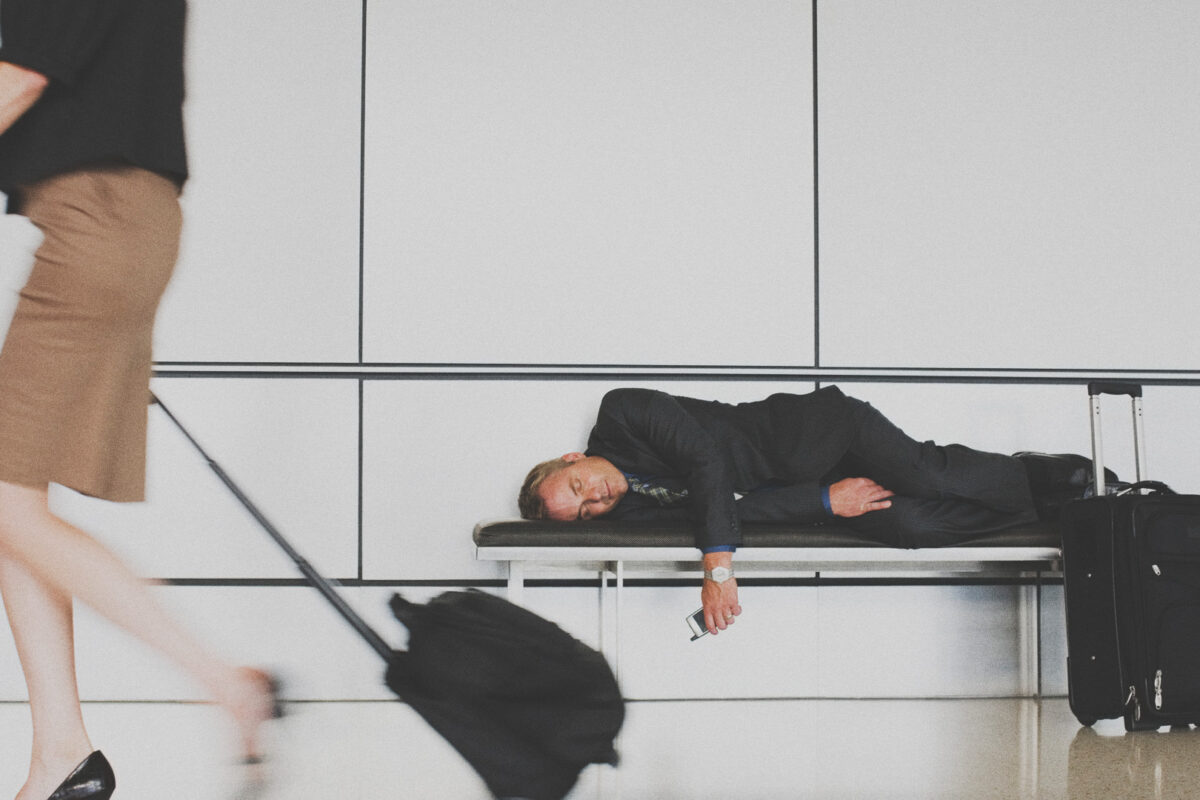3 Strategies to Bounce Back to Your Best Self
There is really no way of getting around it: traveling is exhausting. If your professional obligations have you traveling as often as mine do, fighting off travel fatigue can become a job all of its own.
As a writer, much of my work focuses on highlighting entrepreneurial solutions to economic and political problems, so I am often traveling in search of personal stories to share with my audience. Whether it be a tech conference in Austin or a networking event in Washington DC, I sometimes travel once or twice a week. This means a lot of time spent in airports and in the air.
While many travelers find airplanes an ideal place to catch up on sleep, dozing off at 35,000 feet in the air is not my specialty. I have tried everything from overpriced neck pillows to top-of-the-line noise canceling headphones. Nothing seems to work. To make matters worse, I often find it difficult to fall asleep in new places. So for me personally, traveling is never synonymous with sleep. Worse, there is often no downtime to recover in between traveling on the weekends and reporting to the office Monday morning.
Luckily, traveling so often has given me unique insight on how to cope with the dreaded travel fatigue, both during and after trips. Follow these 3 strategies and feel the difference.
1. Rest matters
While many seasoned travelers may tell you not to pack too many activities into each day, that isn’t always possible on work trips. Not only are your days consumed with lectures, meetings, and other networking opportunities, but you will also probably want to get in some sightseeing while you are visiting a new city. This is a lot to pack in a few days, so making sure you are as rested as possible is a must.

To that end, I always bring a bottle of melatonin with me on my trips. Melatonin is the hormone that is naturally secreted by your pineal gland and helps your body fall asleep. Taking a melatonin supplement will help your brain produce more of the hormone so that you can fall asleep with ease. Unlike other sleep aids, melatonin won’t leave your brain foggy the next day, making it easy to get up and start your busy day. I also try to keep my bedtimes as consistent with my regular schedule as possible.
At many professional networking events, alcohol is free flowing at dinners and happy hours. However, alcohol consumption can drastically interfere with your sleep cycle. While it may initially help you fall asleep, alcohol can wreak havoc on the second half of your slumber. As Dr. Irshaad O. Ebrahim warns that while the “immediate and short-term impact of alcohol is to reduce the time it takes to fall asleep” and often put you in a particularly deep sleep, it also results in “more disrupted sleep in the second half of the night.”
For this reason, I limit myself to one alcoholic drink per night, preceded and followed by lots of water. For many, this advice might seem counterproductive to having a fun trip. But it's a lot easier to handle travel exhaustion when you are not also dealing with the repercussions of a night of heavy drinking.

2. Recharge without sleep
One of my favorite ways to recharge during long breaks, and flights, is to do a 10-20 minute guided meditation session. Using the Headspace app on my smartphone, I put on my headphones and find a quiet place to meditate. It is amazing the rejuvenation that can occur after a brief session.
Another way to restore my energy when sleep is not possible is to use sensory deprivation tanks. During a recent trip to DC, when I knew sleep would be inhibited, I carved out time during my lunch break to visit what is often referred to as a “float center.” Sensory deprivation tanks are small pods densely filled with salt water, allowing the user to float effortlessly. These tanks are also pitch black and soundproof, so the floater is relieved of all primary senses.
When I first visited one of these centers I was told that one hour of float time was the equivalent to three hours of sleep. While I am not sure if this was science or clever marketing, I felt energized after my hour session had ended. And that is all that mattered to me.
It's also a good idea to make caffeine count when your travel. Instead of drinking cup after cup of complimentary coffee, I drink one cup in the morning, filled with butter and coconut oil, also known as bulletproof coffee. It helps to provide both energy and focus.

3. Rebound time
I return home Sunday completely spent, with a travel hangover. How I doctor that hangover impacts the success of my entire workweek. First, if possible, I always select a flight time that allows me to return home early in the afternoon, plan ahead, and clear my schedule.
As soon as I get home, no matter how early it may be, I sleep. There is nothing so lovely as falling asleep in your own bed after a trip. Turning in early ensures that I will be ready to tackle work the next morning.
I am a slave to my morning routines during the week. If I do not get a sufficient night of sleep post-travel, good habits are harder to keep. Continuing my routines, which includes more mediation and yoga, also help me to fight off any lingering fatigue the next day.
It is also extremely important to set realistic expectations for the following work day. If I know it may take me a day to fully get back in the swing of things, I avoid scheduling meetings with important clients or agreeing to strict Monday morning deadlines. That way I can avoid unnecessary pile-ups and meet all my obligations later in the week.
For whom the travel tolls
Travel takes a major toll on your body, even on short trips. That doesn’t mean you have to succumb to the overwhelming fatigue. By planning ahead, I've learned to stay energized and tackle travel hangovers with gusto. You can too.
Disclosure of Material Connection: Some of the links in the post above are “affiliate links.” This means if you click on the link and purchase the item, we will receive an affiliate commission. Regardless, we only recommend products or services we use and believe will add value to our readers. We are disclosing this in accordance with the Federal Trade Commission’s 16 CFR, Part 255: “Guides Concerning the Use of Endorsements and Testimonials in Advertising.









